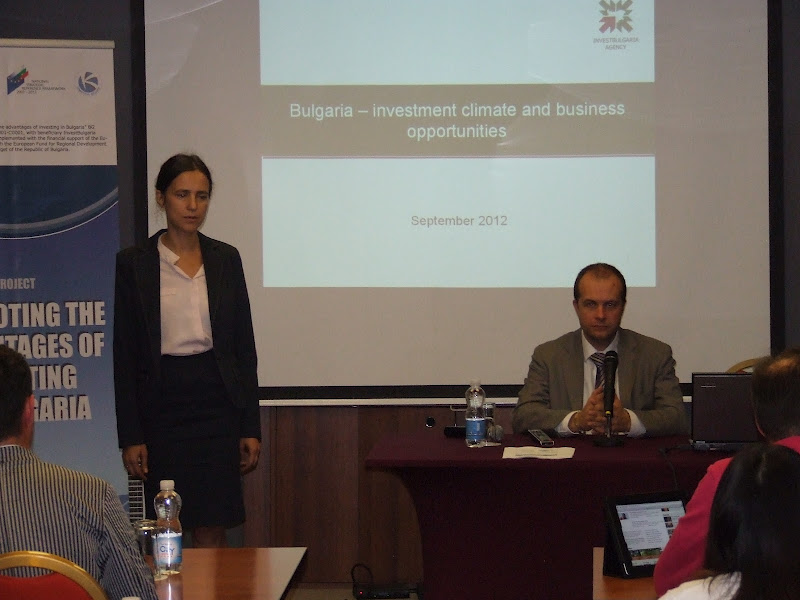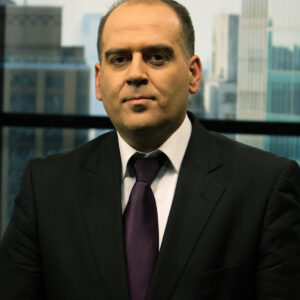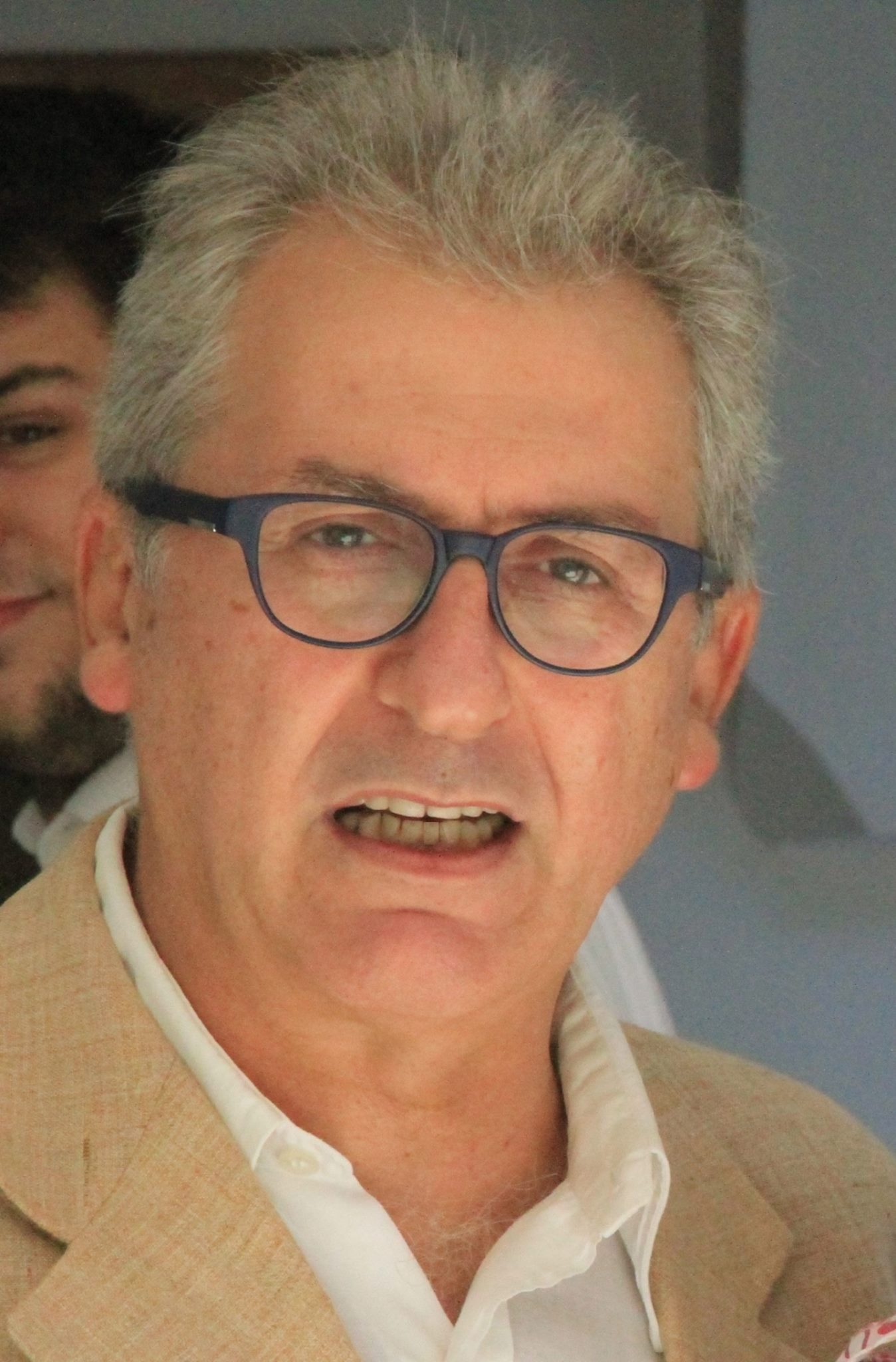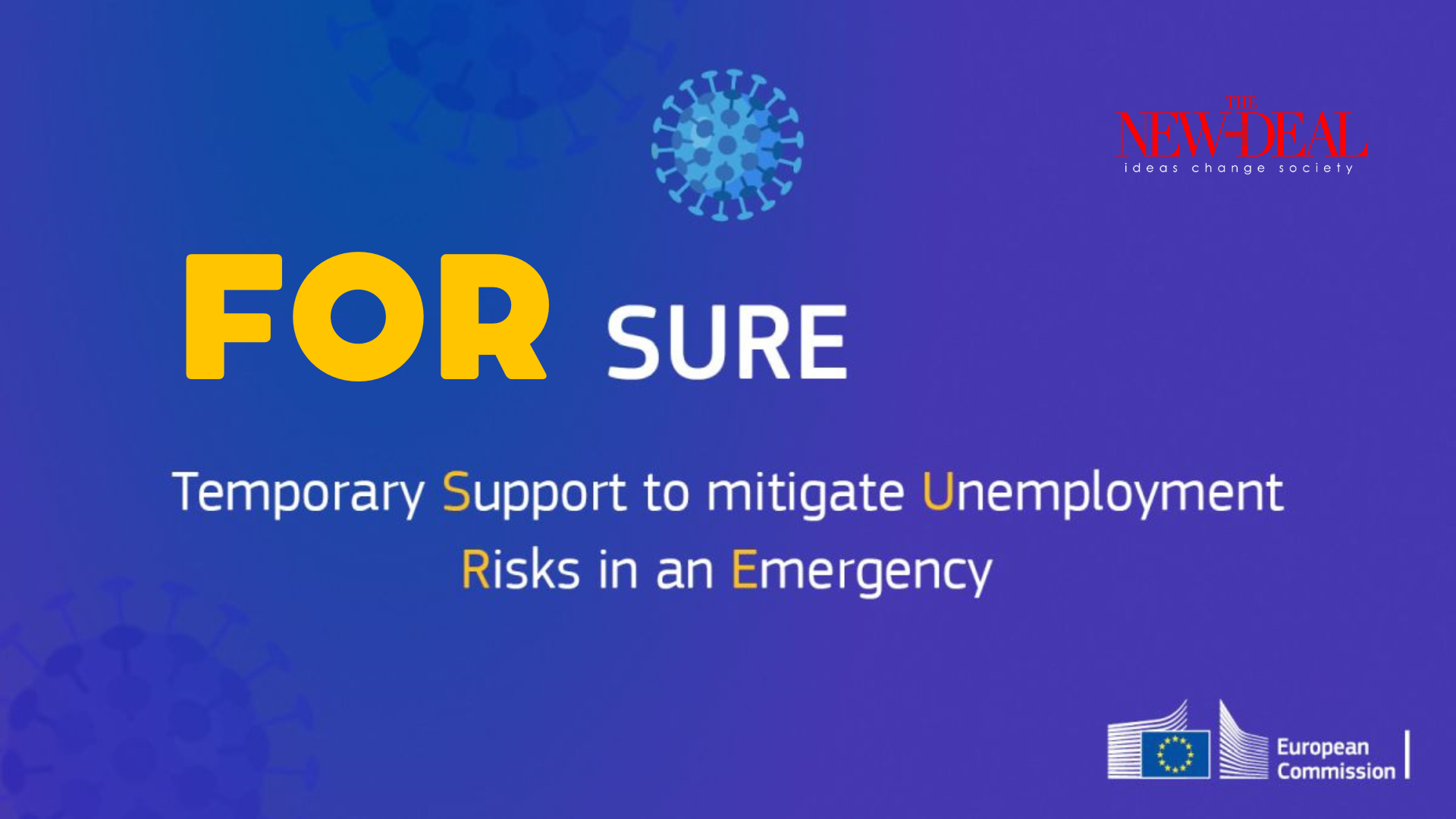Sofia
In Bulgaria, the majority of younger people have graduated from University or some kind of post-lyceum institution. They speak very good English. And German… The first good impression was made on the way from the airport to the hotel, the summer night that I landed in Sofia after being invited to an “investment tour” by the Bulgarian government, during which investment opportunities would be presented to journalists from all over the world.
The young driver asked me with overwhelming kindness how my journey was. Believing that he was simply following good manners guidelines, I responded a bit casually, aiming to overcome a, what seemed like, typical question. However, I was pleasantly surprised when he continued asking me where I came from, how is the weather in Greece, what’s happening with the crisis? He was so friendly that I gradually overcame the fact that I was visiting a city in the middle of summer, not for its sea and sun but rather for work. If anything, he was a young man working as a driver while studying economics and marketing. He wasn’t afraid to confide in me that he earns only €300 (without the unexpected tips) and talked to me (in perfect English) about his plans to continue his studies abroad “at the best university that I can get into”.
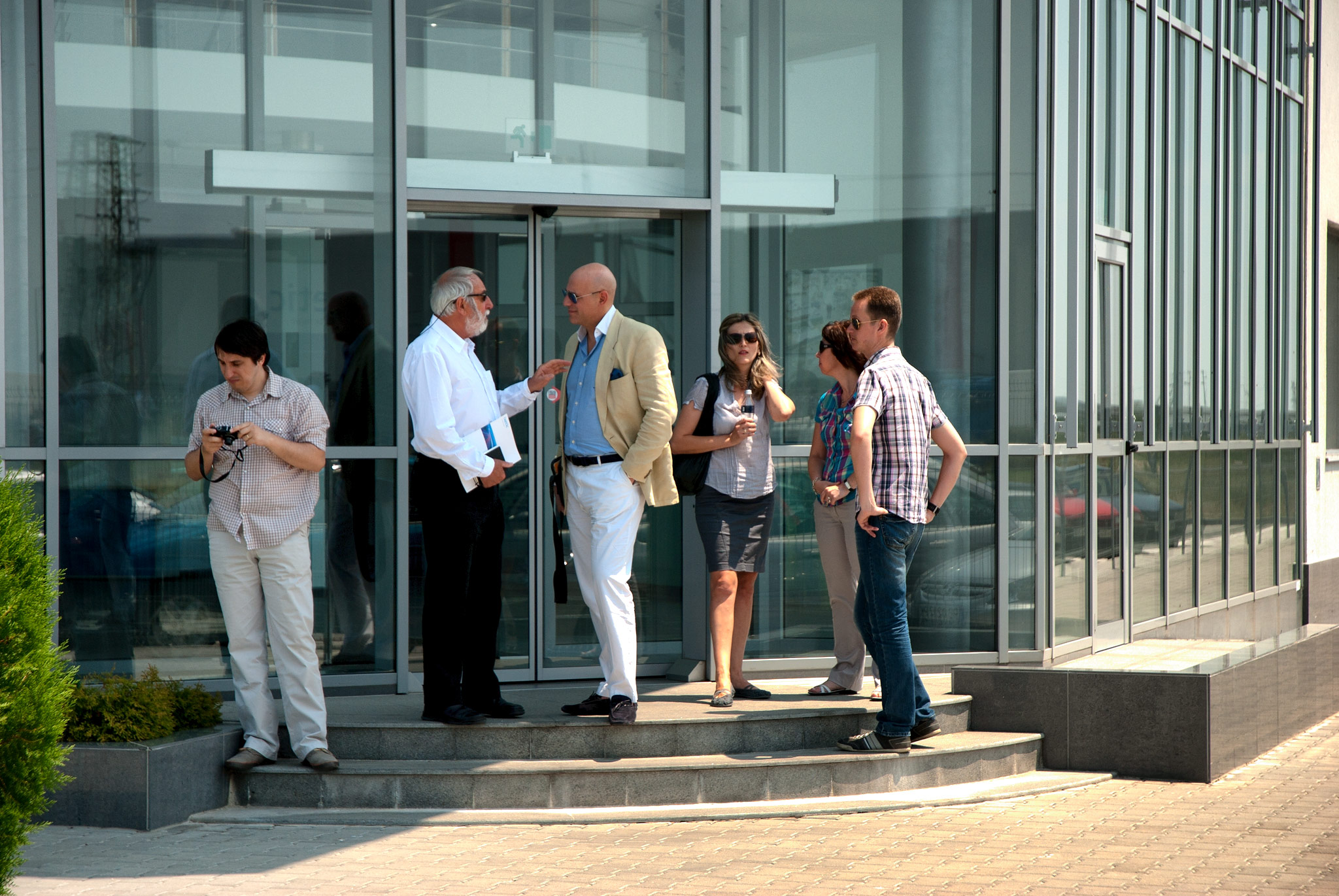 The words of the world renown Nobelist economist Chris Pissaridis came to mind, when some days ago (after MDA’s invitation, under the Hellenic Federation of Enterprises and the Embassy of Cyprus in Athens) he was analyzing – to an especially upgraded audience composed of diplomats, businessmen, bankers, industrialists – how we ended up in crisis and what we should do to get out of it. “We need to invest in education” said the LSE professor, explaining that in times of crisis it is preferable to keep the youth in universities instead of them roaming around in a shrinking market, unable to absorb them. At the end of the day, even if look at it statistically, a graduate will earn 12% more yearly than an uneducated person, and, hence, in the future, when the crisis is over, he will have a better quality of life and offer the state more income, through taxing…
The words of the world renown Nobelist economist Chris Pissaridis came to mind, when some days ago (after MDA’s invitation, under the Hellenic Federation of Enterprises and the Embassy of Cyprus in Athens) he was analyzing – to an especially upgraded audience composed of diplomats, businessmen, bankers, industrialists – how we ended up in crisis and what we should do to get out of it. “We need to invest in education” said the LSE professor, explaining that in times of crisis it is preferable to keep the youth in universities instead of them roaming around in a shrinking market, unable to absorb them. At the end of the day, even if look at it statistically, a graduate will earn 12% more yearly than an uneducated person, and, hence, in the future, when the crisis is over, he will have a better quality of life and offer the state more income, through taxing…
I wondered if the above “rule” is actually implied in Bulgaria. My query started to be resolved as of the next morning. Borislav Stefanov, General Manager of InvestBulgaria Agency since May 2010 and only 33 years old, was responsible for presenting investment opportunities in Bulgaria. With studies at the American University of Bulgaria, an MA in International Management at Regents Business School of London and an MBA at Harvard Business School, he was proof of young Bulgarian who study and then look for a better future outside their poor country. The new facts were that during the last few years, a positive investing situation was created in Bulgaria with “structural changes” which lowered the VAT for businesses at 10%, kept costs low and simplified, if not terminated, the bureaucratic procedures for establishment and installation of new businesses, plus many young people who were working abroad returned to Bulgaria to develop the given opportunities. Stefanov undertook his important position through which he “advertises” an attractive investing environment of his country, after leaving a very promising career at multinational companies such as DaimlerChrysler in Dubai and Boston Consulting Group in Moscow.
I thought that Stefanov might not be a typical example of a young Bulgarian who studied and worked abroad and then returned to his country. I was soon to see I was wrong. In the investment tour that AII Data Processing – a company composed mainly of highly educated female executives!! – organized with exemplary manner and professionalism, I had the opportunity to see behind the cold slides, the diagram and Stefanov’s numbers. The young Bulgarians who have conquered Bulgaria either as multinational employees and executives, either as SMEs, besides advanced training, also have a spirit for work and creativity which is hard to run into among Greeks. Maybe the secret of success is hidden in “education investment”, which shouldn’t be ignored by the Greek political leadership which is responsible for handling the enforced transition procedure of Greece to a new era, in conditions of crisis and recession…
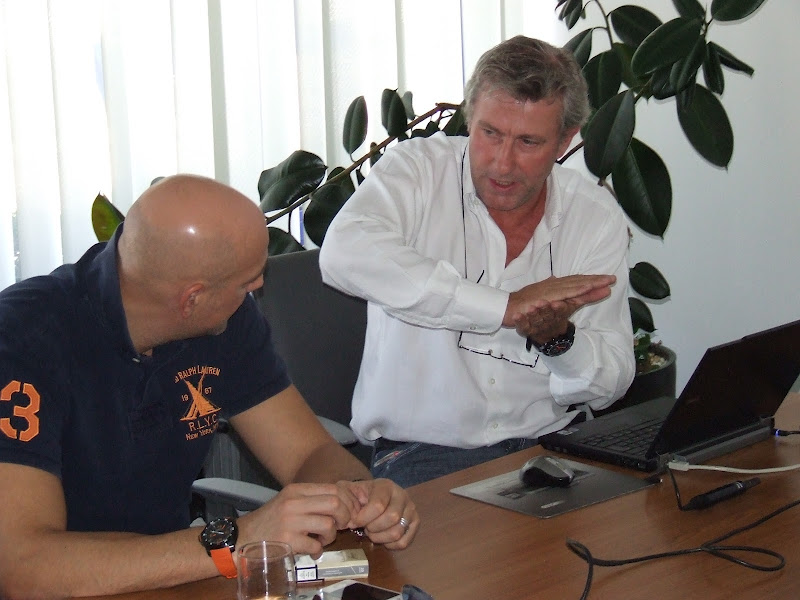 During the next few days and after several visits to multinational subsidiaries or companies such as Lufthansa Technik, Ixetic, Melexis, Hyundai Heavy Industries, ABB, SIAD Bulgaria, Johnson Controls as well as conversations with managers, I realized that the new situation in Bulgaria is mainly formed by a new generation which aren’t frustrated by the belief that their job “doesn’t match their level” and are not possessed by the belief that “life owes them”. Instead, they constantly claim with discipline and perseverance a better life quality than that inherited by their parents.
During the next few days and after several visits to multinational subsidiaries or companies such as Lufthansa Technik, Ixetic, Melexis, Hyundai Heavy Industries, ABB, SIAD Bulgaria, Johnson Controls as well as conversations with managers, I realized that the new situation in Bulgaria is mainly formed by a new generation which aren’t frustrated by the belief that their job “doesn’t match their level” and are not possessed by the belief that “life owes them”. Instead, they constantly claim with discipline and perseverance a better life quality than that inherited by their parents.
Therefore, I preferred not to think that the labor costs in Bulgaria remains low (around €400 monthly) and the stuffy and gloomy prediction that something similar is going to happen in Greece… and keep the positive aura of the young driver who, although late at night, remained cheerful and eager to assist me. An aura widely approachable, at least in the center of a capital which I have been avoiding to visit for the last ten years because of the aversion created by the poverty of the violent transition from “socialism” to a “free market”. A situation which caused Bulgarians of those days not to smile and carry their grief and pessimism to all aspects of their daily lives. If anything, today’s Bulgaria, which remains the EU’s poorest country, is quite far from Bulgaria of the (recent) past, a fact which allows younger Bulgarians to dream of a better tomorrow…


